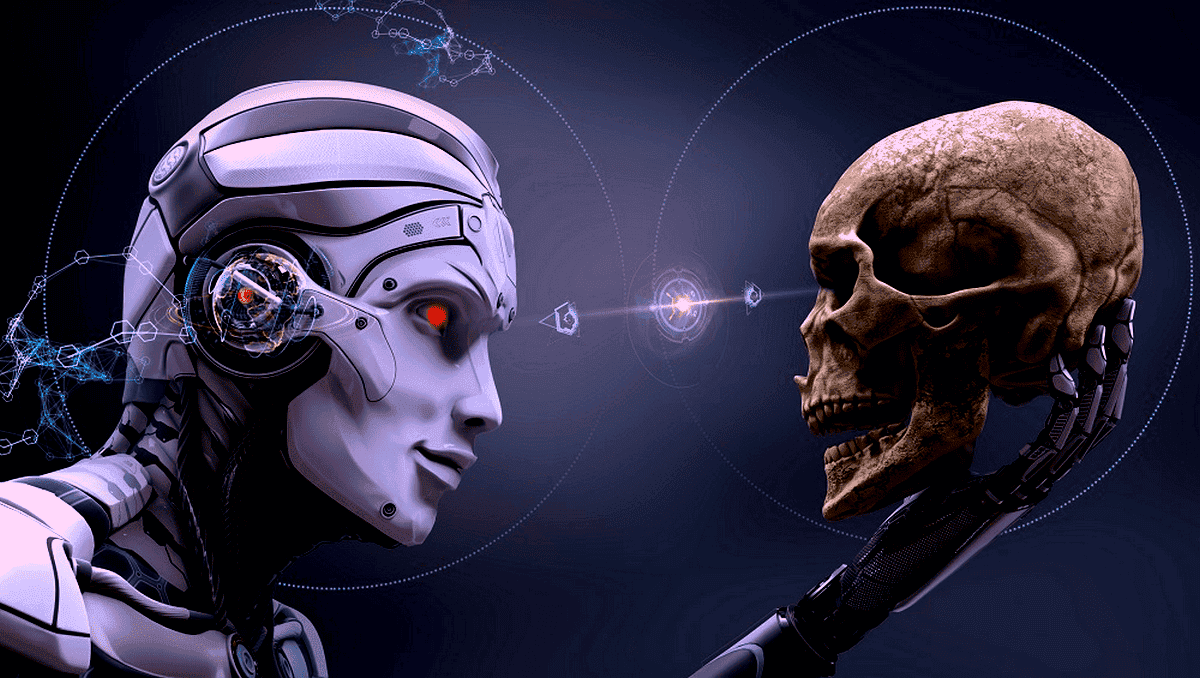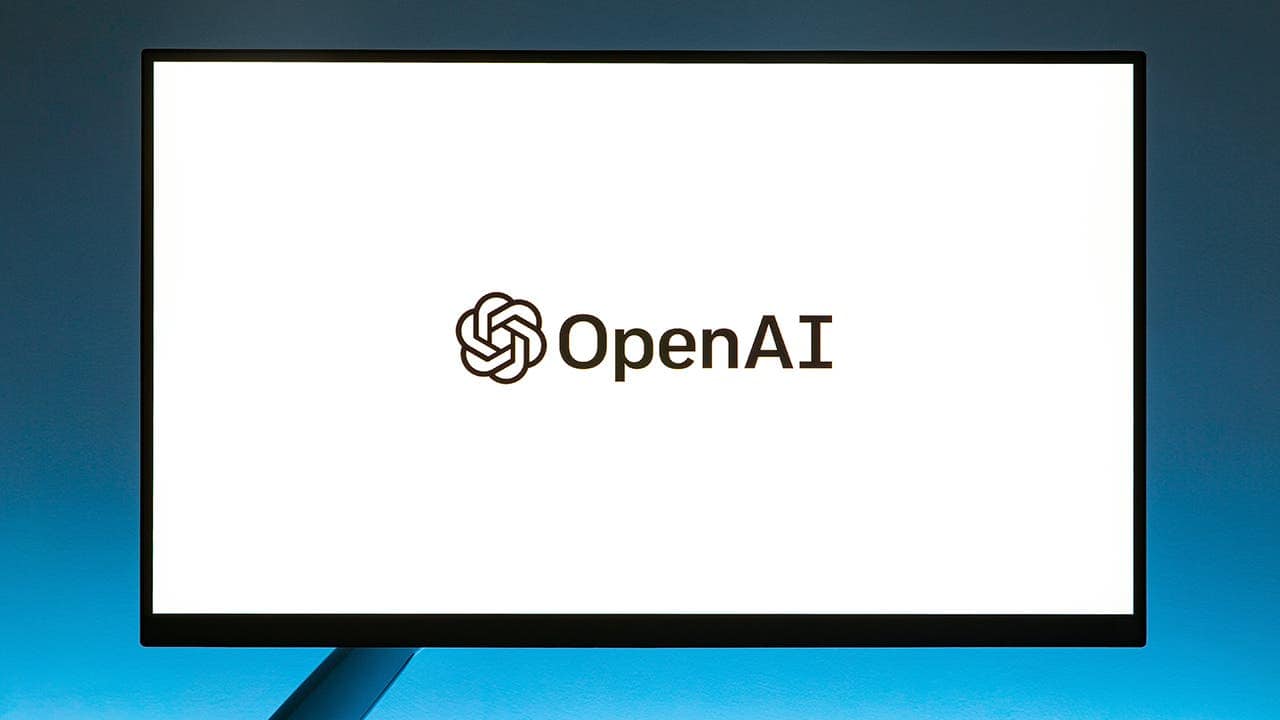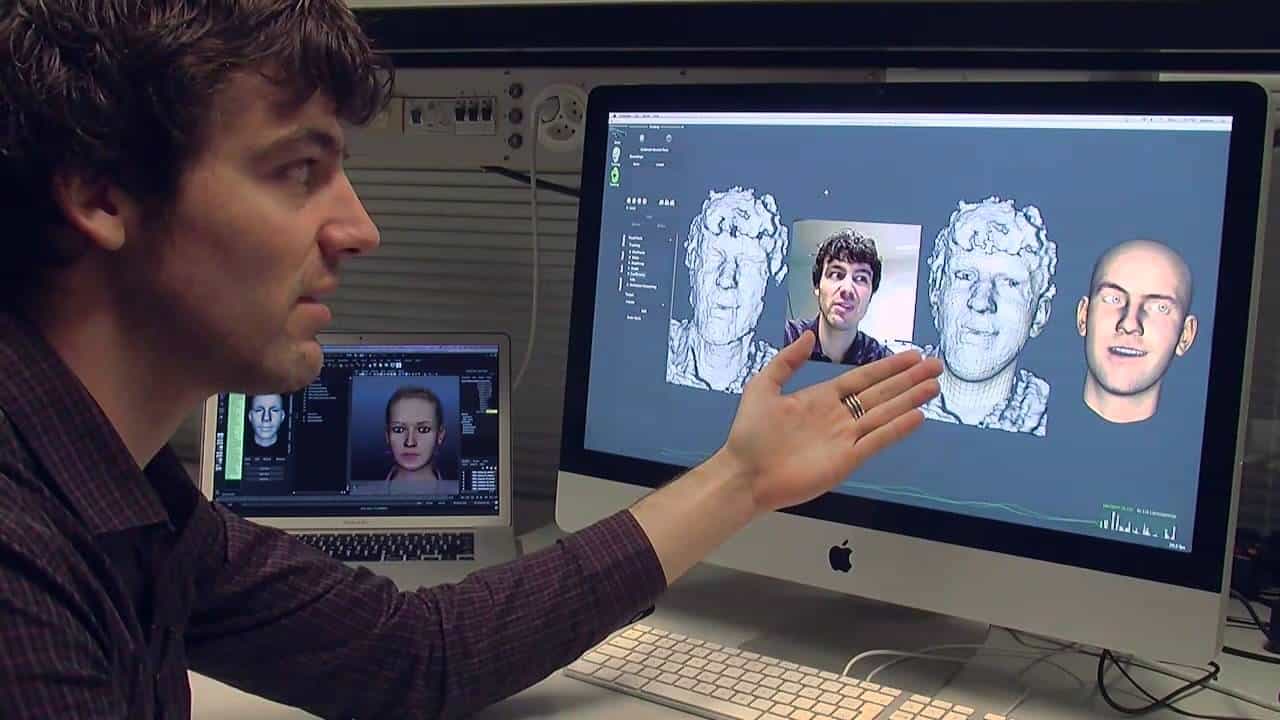In 2008, when Sam Altman, then 23, took the stage at Apple’s annual developer conference, he enthusiastically praised the company’s new App Store for promoting his software, a friend-location service called Loopt. “We think this is a whole new era of mobile, and we’re excited to be a part of it,” Altman said. Now, 16 years later, Apple is reaching out to the entrepreneur again — but this time it’s different. Now the company needs his help as much as he needs Apple.

According to Bloomberg, to catch up, Apple has partnered with OpenAI, the startup run by Altman that is leading the field of generative artificial intelligence, to integrate ChatGPT into the iPhone’s operating system. While Altman is unlikely to make a stage appearance at the event, the deal will be a major focus of Apple’s Worldwide Developers Conference next week. This shows how much the power dynamics in Silicon Valley have changed in the past few years.
The deal gives OpenAI access to hundreds of millions of Apple users, including those who might be hesitant to use ChatGPT. For Apple, the partnership brings the company one of the hottest technologies of the AI era — a chatbot with superpowers that it can integrate with its services.
Apple’s AI Push: Partnership with OpenAI and Siri Upgrades
Apple has been developing a range of artificial intelligence features, including those that run on its devices and others that require cloud computing. Apple has also introduced AI technology for its Siri digital assistant, but the company’s homegrown chatbots are not up to par yet.
For Apple, the partnership with OpenAI is likely to be a “short- to medium-term relationship,” said Dag Kittlaus, a tech veteran who co-founded and ran Siri before Apple acquired it. “But certainly they’re going to try to build their own capabilities in this area.”

CEO Tim Cook will deliver a keynote speech at the Worldwide Developers Conference in what is seen as Apple’s biggest sales pitch in recent years. The company must convince consumers, developers and investors that it can thrive in the age of artificial intelligence. Apple faces more pressure as its existing business stagnates, with revenue falling in five of the past six quarters.
The companies have not disclosed the agreement publicly, and the terms of the deal are unclear. Apple declined to comment, as did San Francisco-based OpenAI. Apple once had an early lead in AI services, launching its Siri digital assistant in 2011, ahead of Amazon.com Inc.’s Alexa and Google Assistant. But the company quickly fell behind rivals, and the debut of ChatGPT in 2022 sparked a sea change.
Apple’s AI Ambitions: A Quiet but Determined Pursuit
In November 2022, OpenAI launched a chatbot that captured the imagination of consumers and sent tech giants scrambling to develop their own AI services. Since then, Apple’s main peers have made significant progress. Google’s Gemini chatbot is vying with ChatGPT for supremacy in this emerging market. Microsoft Corp., OpenAI’s biggest backer, has begun incorporating its AI-assisted Copilot into its software. Amazon.com Inc. has also demonstrated an AI-enhanced version of its Alexa voice assistant.
In contrast, Apple has remained quiet about its AI ambitions until now. Cook said last year that the company would move cautiously into new areas and would only add AI technology “on a thoughtful basis.” More recently, he argued that Apple will have an advantage in AI because the company “uniquely and seamlessly integrates hardware, software, and services.”
Behind the scenes, Apple employees have been working hard to deliver on that promise. Around the time of ChatGPT’s launch, a small team in Apple’s artificial intelligence and software engineering divisions began developing a ChatGPT competitor using a framework called Ajax. Apple software chief Craig Federighi pushed managers to pack as many AI features as possible into the latest version of the iPhone and iPad operating system, known internally as Crystal. The services group, led by Eddy Cue, began working on new data center infrastructure to support online AI services. Employees also began looking at how to apply AI to Apple Music and the company’s office productivity apps.
Apple wants more on AI chatbots
Apple found its AI technology powerful enough to power features like voice memo transcription and photo editing, as well as new search capabilities in its Safari web browser and auto-reply features in apps like Messages. However, the company decided early on that OpenAI and Google were far ahead in chatbots and instant assistants. This put Apple in a bind. The company’s technology wasn’t mature yet, and executives worried that an out-of-control chatbot could damage the company’s reputation. Some inside Apple even had a philosophical aversion to having a chatbot, according to people familiar with the matter.

However, it was clear then that consumers wanted such a service from Apple, which put Apple on the path to a partnership with OpenAI. Months earlier, Apple began talks with OpenAI, Google, and other chatbot providers about integrating the technology into its iOS software. By outsourcing chatbot functionality, Apple can distance itself from the technology itself, including the occasional inaccuracies and “illusions” of artificial intelligence, the people said. However, this also ties Apple to a startup rife with turmoil and controversy. Altman, 39, was briefly ousted from his position last year for unclear reasons and recently angered actress Scarlett Johansson by launching an AI voice that resembled her
Apple’s OpenAI Partnership: A Short-Term Solution for AI Integration
While Apple is still in talks with Google about using Gemini in its devices, the iPhone maker struck a deal with OpenAI first. Apple may eventually offer multiple third-party chatbots, though the company is negotiating on a case-by-case basis, according to people familiar with the matter.
An inside source said Apple chose OpenAI as its first artificial intelligence partner for several reasons. First, OpenAI’s business terms were better than those offered by Google, and Apple believed that OpenAI’s technology was the best available on the market. If Google’s artificial intelligence was integrated into the iPhone, it might also give the impression that Apple’s biggest technology competitor had beaten Apple in a crucial new field.
At the same time, OpenAI will gain huge exposure by being deeply integrated into some of the world’s best-selling smartphones and tablets. However, Apple’s involvement could bring new attention to security and privacy concerns surrounding ChatGPT. But Apple is expected to offer the new AI features as opt-in services, so cautious users can easily avoid them if they choose, according to people familiar with the matter. In any case, the partnership with OpenAI is likely to be a stopgap measure. Apple has a long history of eventually bringing outside technology in-house, such as replacing Intel’s chips with its own.
Final Words
Apple is working on a range of AI projects, including the development of large language models to power two robotics devices. The company is secretly working on a tabletop robotic arm with a large iPad-like display and a mobile robot that can follow users around and perform chores. Additionally, Apple is exploring the integration of cameras and AI capabilities into AirPods. This move is part of a broader effort to leverage generative artificial intelligence in various products and services.





